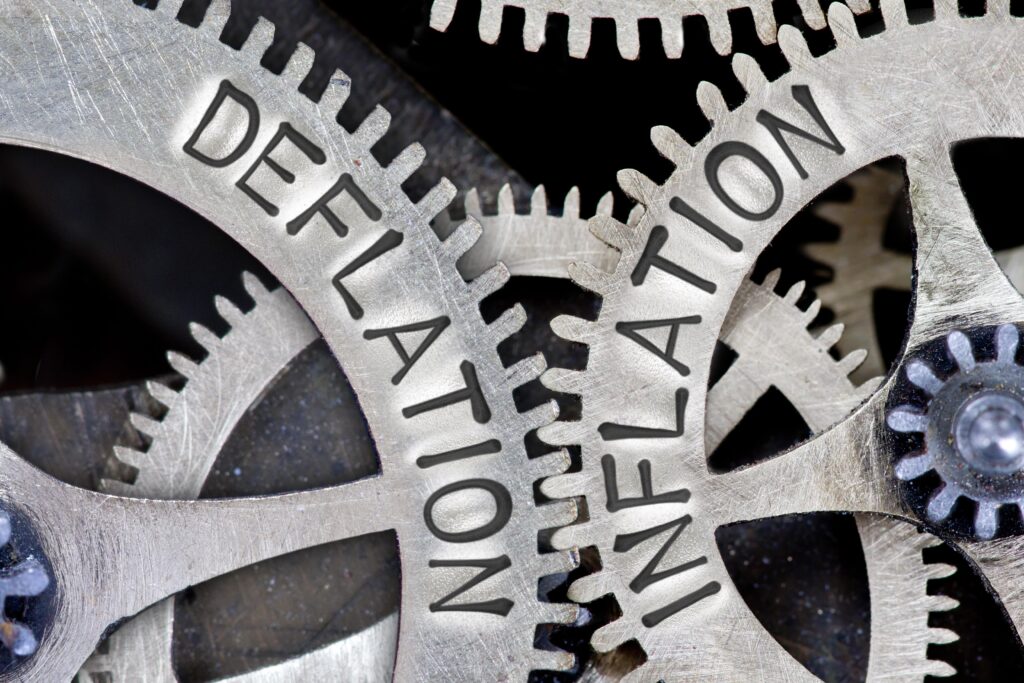Speculation, in the world of finance, is the act of performing financial transactions with low risk of losing value with an expectation of a substantial gain. In this technique, the risk of loss is offset by the possibility of gain in the future.
In the Forex market, the Forex speculation is termed as the name of the game. At some point, every trader has to click on ‘sell’ or ‘buy’ and commit a position based on their analysis even though they are not aware of the success chances. In the Forex market, speculation involves buying and selling currencies with the aim of making a profit. The reason why it is known as speculation is the inherent uncertainty in the market. Traders don’t exactly know the future move of the market but make their predictions based on the historical data and the trends in the market.
When the speculation goes right, you make a profit. However, if the speculation does not go right, there are certain questions that one should be asking themselves. Asking questions to self is not a unique thing to do. Most the traders often do that at one stage or the other and over time, they have learned how to overcome the weaknesses in their trading strategy.
In order to understand the function of speculation and its impact in the Forex market, we should understand that there are certain factors that influence the foreign exchange rates. When it comes to trading in assets such as currencies, there is always an element of risk. Speculators weigh the possibility of making a profit against the possibility of sustaining a loss and make their move accordingly. When the traders speculate on currency, it can affect the exchange rates.
Let’s take an example to make this point clear. If the investors believe a currency is about to fall in value, they may sell the currency they are holding and refrain from buying it. Due to more supply and less demand, the price will ultimately fall. Similarly, if a certain currency is believed to rise in value, traders will start buying it and because of more demand, the exchange rate will rise. A real-life example is the EUR/USD that showed a strong uptrend in 2017 for the major part of the year. During this time period, the traders also speculated it to further rise in value and due to increasing demand, the foreign exchange rates increased. However, during the first six months of 2019, the same pair showed sideways movements on the Forex chart.
Speculation is not just a blind move or prediction. It takes experience and knowledge of the market with the eye of an analyst. The market conditions change over time and being a currency speculator, you can spend weeks analyzing a market to know what conditions suit your trading strategy. At times, you may know that your trade strategy is doing good and making good profits. However, it is always better to review it to know how can you further make it better.
